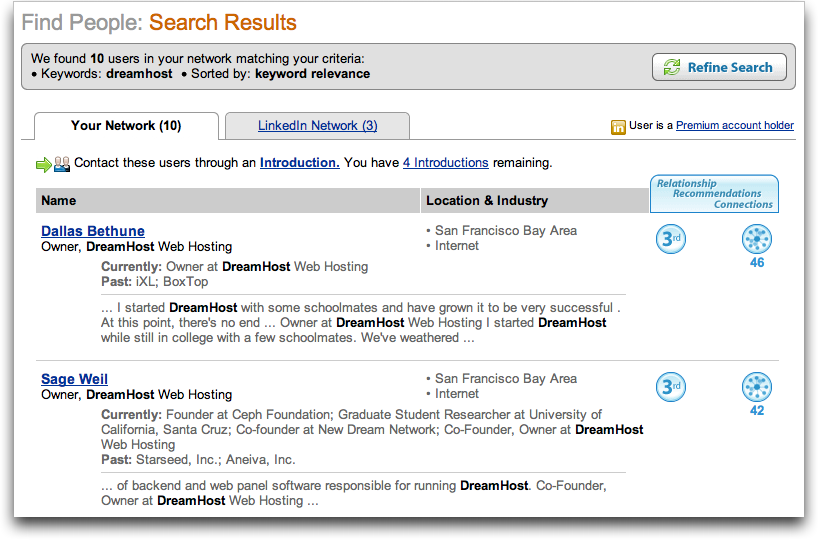



Mysteriously, under “US Jobs” there were 100 listings, but many were not for journalism jobs and they weren’t at Thomson Reuters, like “Training Application Support” at “Unix/Solaris,” a company I’ve never heard of. But I tried searching for basic journalism jobs, like an “editorial/media/journalism” job in the subcategory “journalism” with the search term “Reuters” and four out of the five tabs, including Monster, came up with no listings. There are also links from the app page to several job search sites like BranchOut and Monster. Labor Department, the National Association of Colleges and Employers (NACE), DirectEmployers Association and the National Association of State Workforce Agencies (NASWA). In November the site announced a new job search tool, Social Jobs App, a partnership with the U.S. One other area Facebook has yet to penetrate: job listings. For instance, in theory, Graph Search could allow a job seeker to search for “current employers of people who like racism.” Apparently there is a Facebook page for people who like racism, presumably meant as a joke, but to me, outwardly offensive. For employers there are dangers as well, as my colleague Kashmir Hill pointed out. There are still plenty of questions about Graph Search, both about whether Facebook users will balk at the potential for searches by companies and lock down their data with privacy settings or refuse to post information that could be useful for employers. For instance, if I were preparing for an interview at The Wall Street Journal, I could use Graph Search to find which of my friends and friends of friends worked there. Job seekers will enjoy the same kind of search strength. It will allow them to search for accountants or journalists or any other profession and for educational background, including schools like Stanford and Tufts. With Graph Search, recruiters will be able to search their friend networks for names of employers, and also the friends of friends who work for a given company. LinkedIn, by contrast, instantly shows me which of my friends work at Forbes and people who have connections to others who work here. If I try searching my friends directly, I still get no hits. I got the pages of Forbes publications (Forbes Middle East, Forbes Life), and people named Forbes (Steve), but if I were a recruiter or job seeker looking for people who work at Forbes, I would hit a wall. I tried it with “Forbes,” where, not surprisingly, many of my Facebook friends work. Right now, if you plug an employer’s name into the search box on Facebook, you won’t find people who work for that company. For instance, Graph Search will make it possible to search where people work. Graph Search is still in the beta phase, but once it’s fully up and running, it will allow recruiters and job seekers to search for a range of relevant terms. A Forbes post by guest contributor Stephane Le Viet, CEO of Work4Labs, which already helps recruiters use Facebook for online recruiting, predicts Graph Search will transform the way recruiters use Facebook and vault the site into competition with LinkedIn. By contrast, only 13% said they made hires from their Twitter prospects.īullhorn CEO Art Papas predicts that all of this could change radically over the next 18 months as a result of Facebook’s announcement January 18 that it is introducing a powerful new tool, Graph Search. But in 2012, more recruiters, 17%, said they made hires using Facebook in 2012. One interesting, counterintuitive result: More recruiters, 38.3%, said they planned to use Twitter in 2013 than they have in the past, while a bit less, 37.4%, said they planned to up their use of Facebook. Slightly fewer recruiters used those sites last year-51.3% and 45.8% respectively- than used them in 2011, when 60.2% tapped Facebook and 51.5% used Twitter. The survey includes some interesting findings about Facebook and Twitter.


 0 kommentar(er)
0 kommentar(er)
